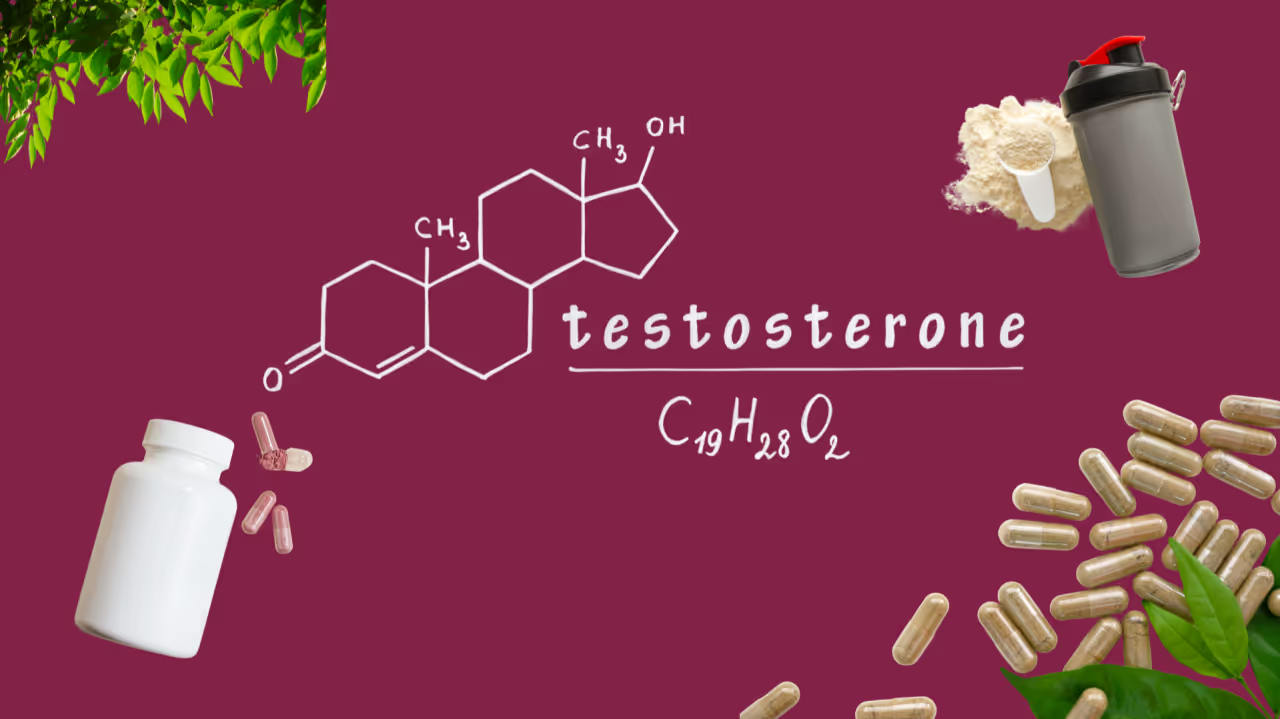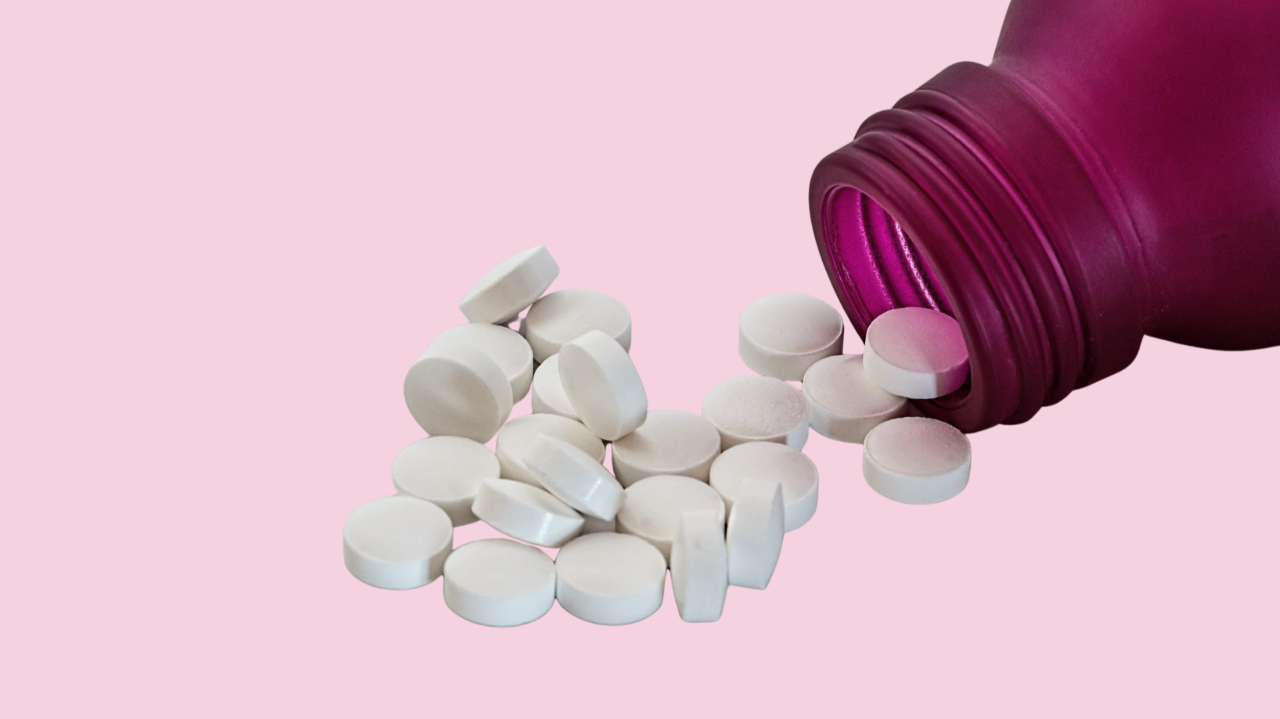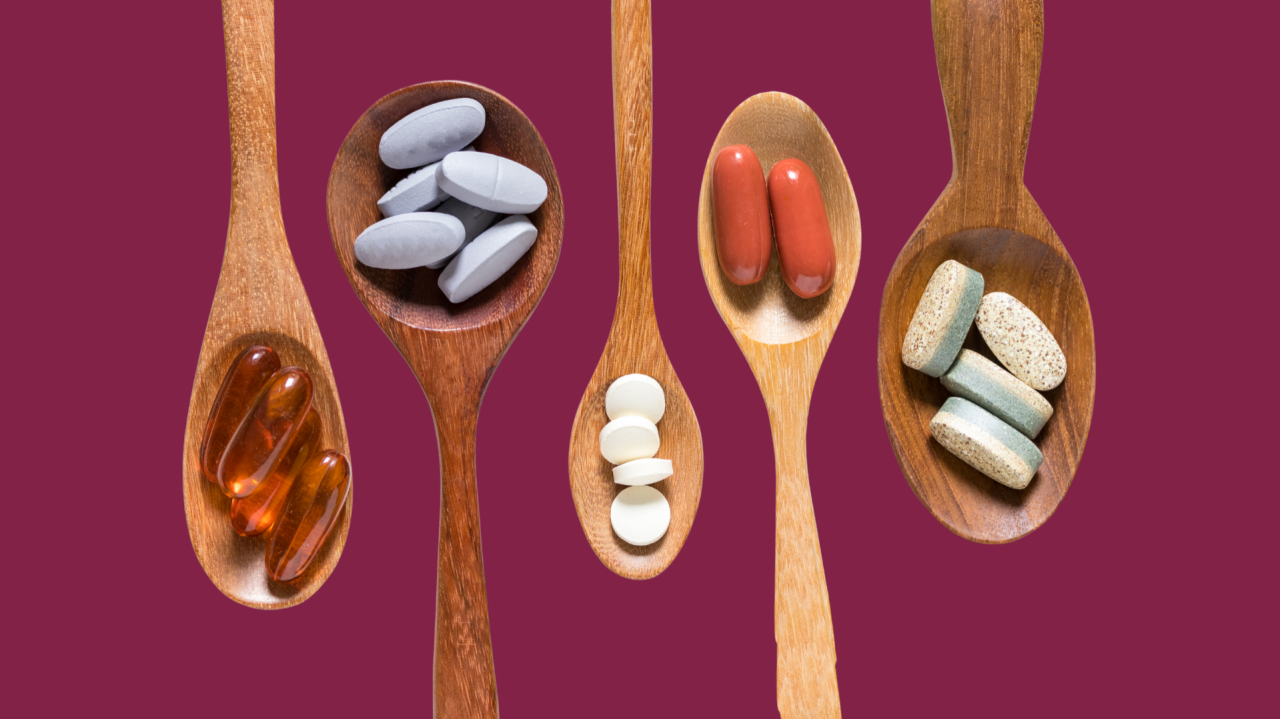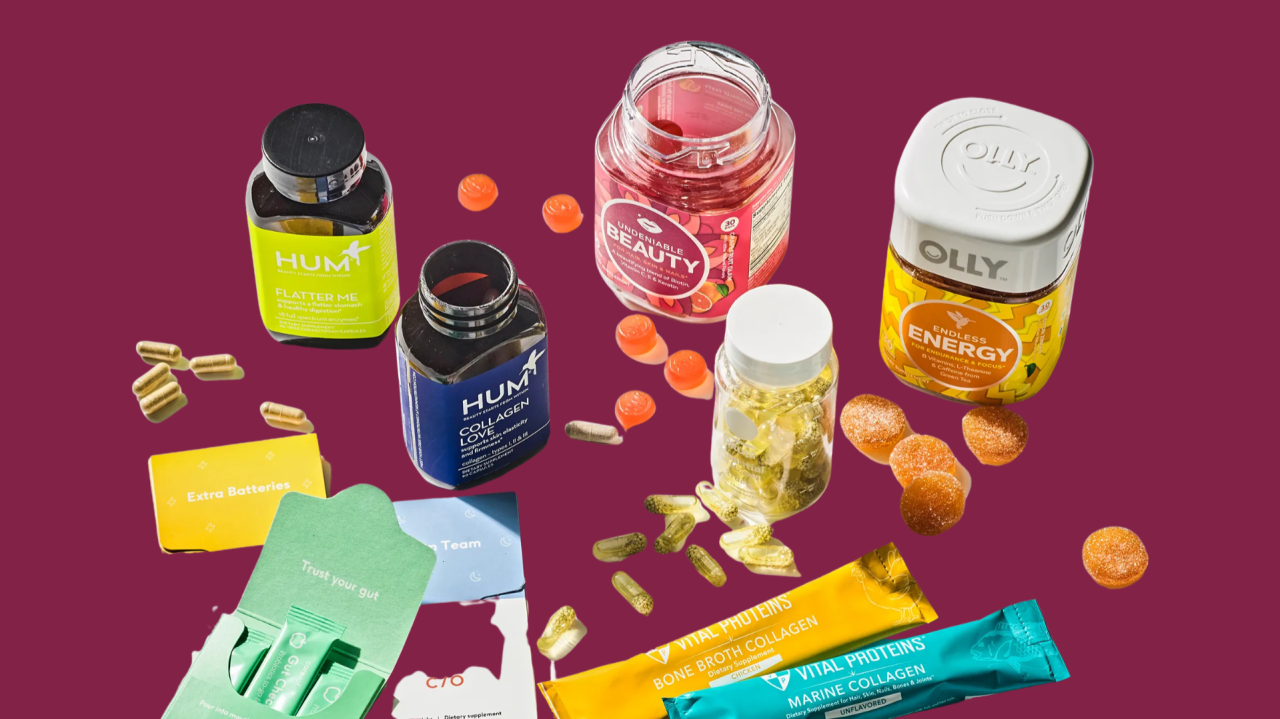Let’s not beat around the bush: the wellness industry loves a bold claim. And testosterone boosters are having a bit of a moment. Whether it's TikTok influencers promising god-tier gains or supplement brands casually implying you’ll wake up looking like Jason Momoa, there’s a lot of hype.
But from a regulatory and compliance perspective? Things get a lot murkier. So if you're wondering whether these boosters are legit or just cleverly branded nonsense, here's what you need to know.
First: what is a testosterone booster?
Most over-the-counter “T-boosters” are classed as food supplements, not medicines. That means they can’t claim to treat or prevent disease, and they absolutely can’t claim to increase testosterone levels.
What they can do is include nutrients like zinc, which contribute to the normal maintenance of testosterone, and that’s the exact wording they’re allowed to use. Anything more than that? You're heading into unauthorised health claim territory.
So, are they allowed to say they boost testosterone?
Not really. Not in the way most consumers interpret it.
In the UK and EU, health claims on food supplements are strictly controlled under the Nutrition and Health Claims Regulation (NHCR). You can’t just say something “boosts testosterone” unless the European Food Safety Authority (EFSA) has assessed the claim and given it the green light.
Here’s the nuance: a product can say something like “Zinc contributes to the maintenance of normal testosterone levels”, because that claim is approved. But if it says “boosts testosterone”, “increases virility” or “reverses low T”, it’s crossing into non-compliant marketing.
And if it’s sold online with those kinds of claims? Yep, still subject to regulation. The MHRA, ASA, and Trading Standards all have powers here.
What about the ingredients themselves?
This is where it gets messy.
Some so-called boosters include herbal extracts like fenugreek, tribulus terrestris, or ashwagandha. The evidence for these is patchy at best. A few small studies might show slight hormonal shifts, but not enough for regulators to accept a health claim.
Others sneak in unauthorised or borderline ingredients, including substances that are not legally permitted in food supplements, especially if they’re trying to mimic the effects of anabolic steroids. And that’s where things get dangerous.
MHRA regularly pulls products from the market that contain unlicensed medicines masquerading as supplements. If you're ordering “hardcore” test boosters from shady websites? You’re gambling with your health and your hormones.
So what’s the bottom line?
- Yes, testosterone boosters exist. But the ones you can legally buy over the counter? They’re usually just vitamins with a gym-friendly label.
- If it sounds too good to be true, it probably is. Any product claiming to increase testosterone levels needs serious scrutiny.
- Regulators aren’t killjoys. They just want you to know what you’re actually putting in your body, and keep misleading marketing in check.
In short: eat well, get some sleep, and don’t pin your masculinity to a supplement label.
Testosterone’s complicated. Your health claims shouldn’t be.


 By admin
By admin
.svg) Jul 16, 2025
Jul 16, 2025







